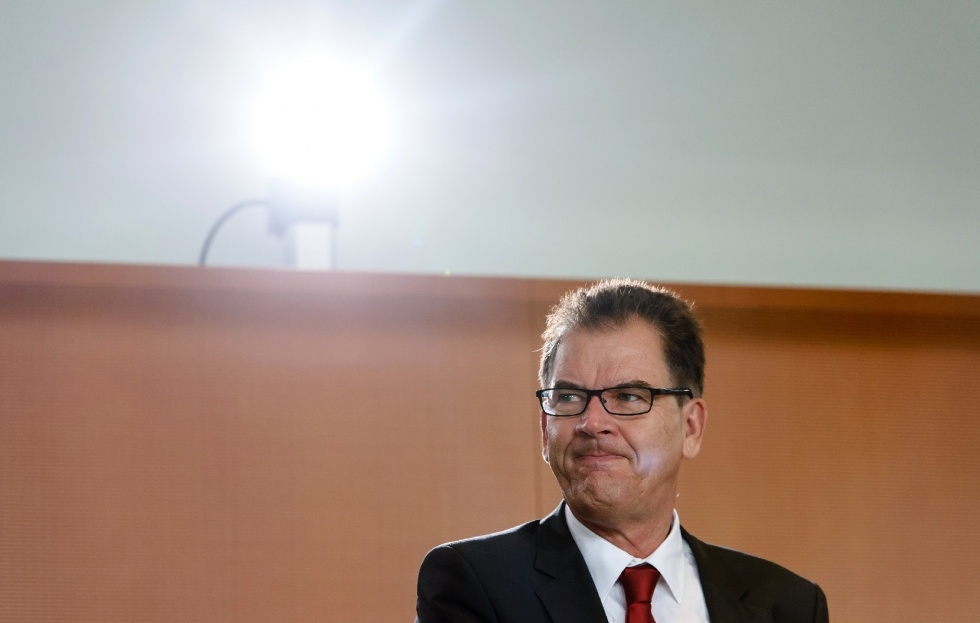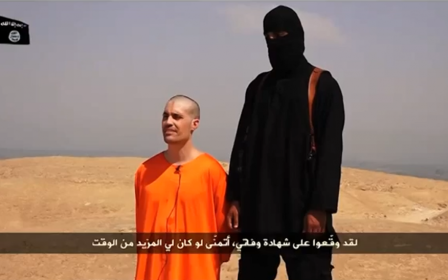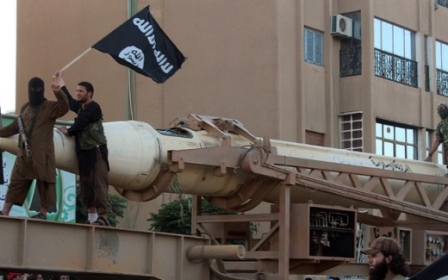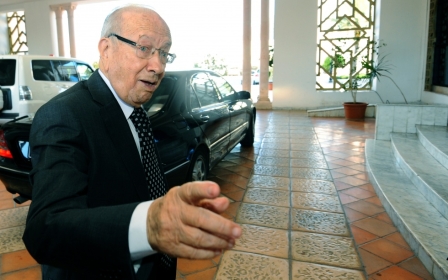Germany accuses Qatar of funding Islamic State militants

Germany's development aid minister, Gerd Mueller, on Wednesday accused Qatar of financing the militant group Islamic State (IS) that is operating in Syria and Iraq.
"A story like this always has a history," he said in an interview with public broadcaster ZDF. "Who is financing these troops? Hint: Qatar."
Mueller did not hint at any evidence that could back up his claim.
The German government is currently assessing whether Mueller’s comments are in line with its official policy on the matter, reports World Bulletin, and Qatar’s Foreign Ministry has yet to respond to a request for comment.
German Vice Chancellor and Economy Minister Sigmar Gabriel this week urged a "debate" about who has been and is financing IS, though they did not name any specific countries.
As IS began their mercurial advances through Iraq and Syria, many experts commented on their funding strategy, which set them apart from other militant groups.
"IS has a vast array of resources to draw funds from," including oil sales, taxes and extortion, according to Iraq expert Joel Wing, and are less dependent on funding from state groups.
Germany is expected to decide in the coming days whether to deliver non-lethal military aid and possibly arms to Iraqi Kurds fighting the militants.
The suggestion has provoked much debate in a country that rarely sends troops into foreign conflicts and does not send weapons into war zones as a rule.
The allegations came a day after Saudi Arabia’s Grand Mufti dubbed IS the “number one enemy” of Islam and quoted a Qur’anic verse permitting the killing of those who harm the religion, in reference to IS militants.
Saudi Arabia and Qatar are in the middle of a prolonged rift, most recently stoked by Qatar’s support for the Muslim Brotherhood movement.
Mueller’s claims about a relationship between Qatar and IS did not provoke much outrage among social media users, and were instead generally greeted with indifference:
Translation: Every Arab country, including Egypt, Syria, Iraq and Saudi, as well as European countries like Germany, Britain and Sweden accuse Qatar of accusing IS
Translation: It’s difficult to put a stop to terrorism when there are states that aim to support and fund terror groups #Anti-TerrorismLaw #GermanMinister:QatarSupportsIS
Qatar’s vast oil wealth, which has made it among the world’s wealthiest countries, has also made it the subject of swirling rumours as to its foreign investments.
The Gulf State has consistently been rumoured to be a primary funder of moderate Islamists, including Tunisia's Ennahda party.
But Qatar maintained that it invested in post-Arab Spring nations to help them recover economically, no matter who was at the helm of power, denying that Doha supported any party in particular.
In March 2014, a group of nuns who were held in Syria’s Maaloula for three months by Jabhat al-Nusra thanked Qatar for paying their ransom as well as mediation that led to securing their release.
Qatar was also involved in securing the release of two Turkish pilots and a number of Lebanese Shiite pilgrims in Syria in a deal that involved mediation with a number of warring sides.
On Wednesday it emerged that Qatar is to mediate between Jabhat al-Nusra and Lebanese authorities, who are seeking to secure the return of soldiers captured by the group.
But some have interpreted Qatar's mediations to free captives as having a sinister influence.
New MEE newsletter: Jerusalem Dispatch
Sign up to get the latest insights and analysis on Israel-Palestine, alongside Turkey Unpacked and other MEE newsletters
Middle East Eye delivers independent and unrivalled coverage and analysis of the Middle East, North Africa and beyond. To learn more about republishing this content and the associated fees, please fill out this form. More about MEE can be found here.




